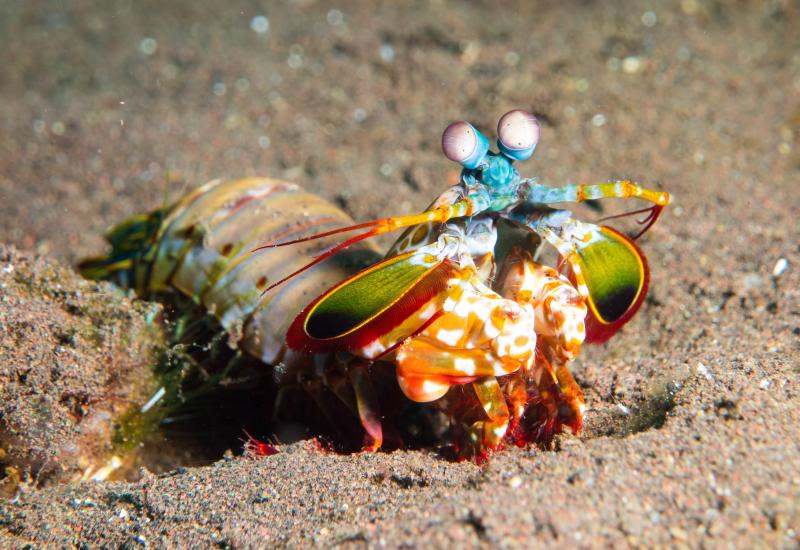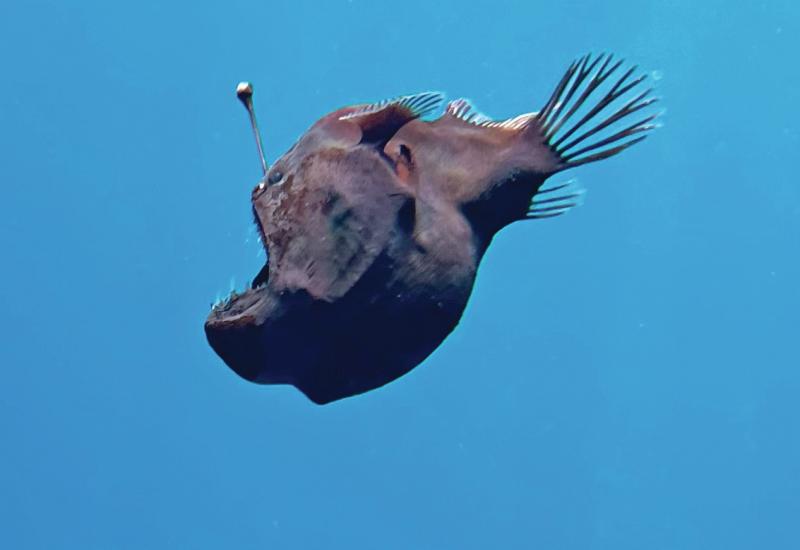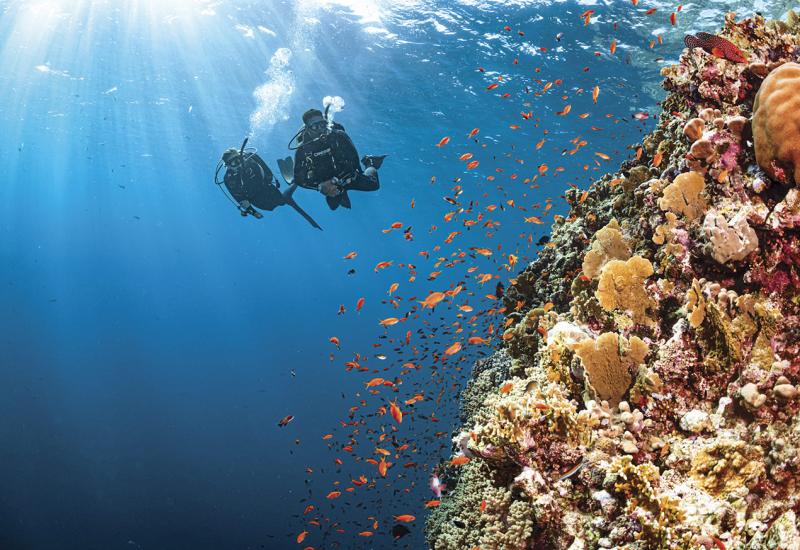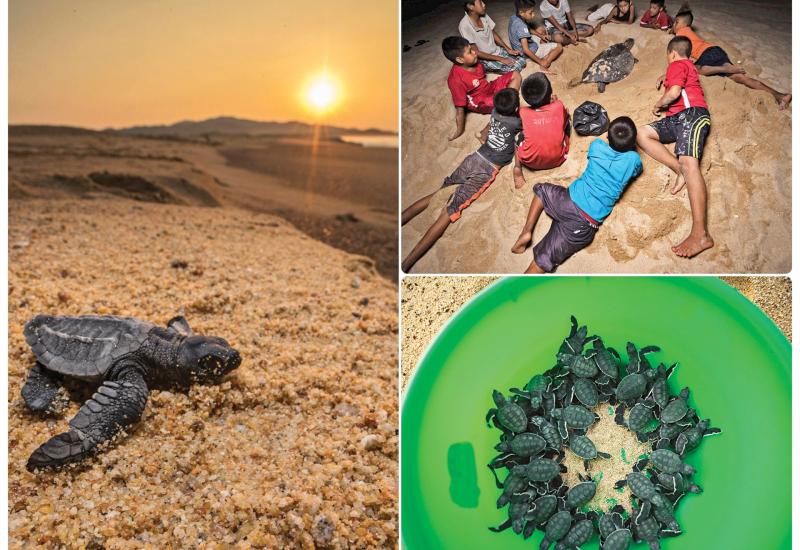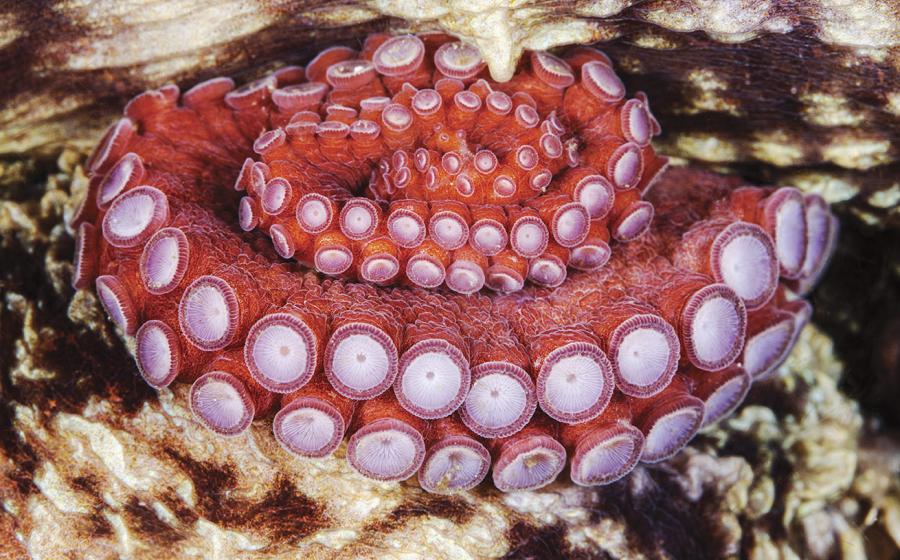Currents: Critical Mass

It’s not often that countries around the world see eye to eye — especially when the issue is entangled with local traditions and customs. But little by little, activists and government agencies from across the globe are working internally and globally to protect an animal once universally feared: sharks.
Campaigning for Conservation
Activists in Hong Kong, including the Hong Kong Shark Foundation, have begun petitioning to outlaw serving shark-fin products. The movement toward petitioning was catalyzed after Chile and Brazil, among other locations, passed similar laws to ban shark finning. The petitions aim to obtain 100,000 signatures to support the movement and can be found at Change.org and Avaaz.org. This is a huge milestone for the “shark-fin capital,” as conservation is taking precedence over cultural customs.
“Safe” Nets in South Africa
Six hundred sharks are killed by shark nets annually on the east coast of South Africa. In an attempt to protect shark and swimmer, Cape Town, South Africa, has crafted shark nets that serve as barriers, not traps. The fine-meshed barriers span to the surface and will be removed nightly. The project is costly — around $80,000 for the new net — but may significantly boost tourism revenue.
Fins Fly No More
Soon after the New Zealand Shark Alliance revealed that Air New Zealand was transporting masses of shark fins to Hong Kong — the shark-fin capital of the world — the airline announced it will suspend the transportation of shark fins. This puts the airline in line with Cathay Pacific Airline, once Hong Kong’s primary fin supplier.
“Natural” Progression for India
In May, the Deep Sea Going Artisanal Fishermen began working toward a “fins naturally attached” policy in India in support of the Humane Society International’s campaign to end the wasteful — and inhumane — practice of shark finning. This policy would require all sharks caught in India, the second-largest shark-catching country, to be fully intact upon landing.
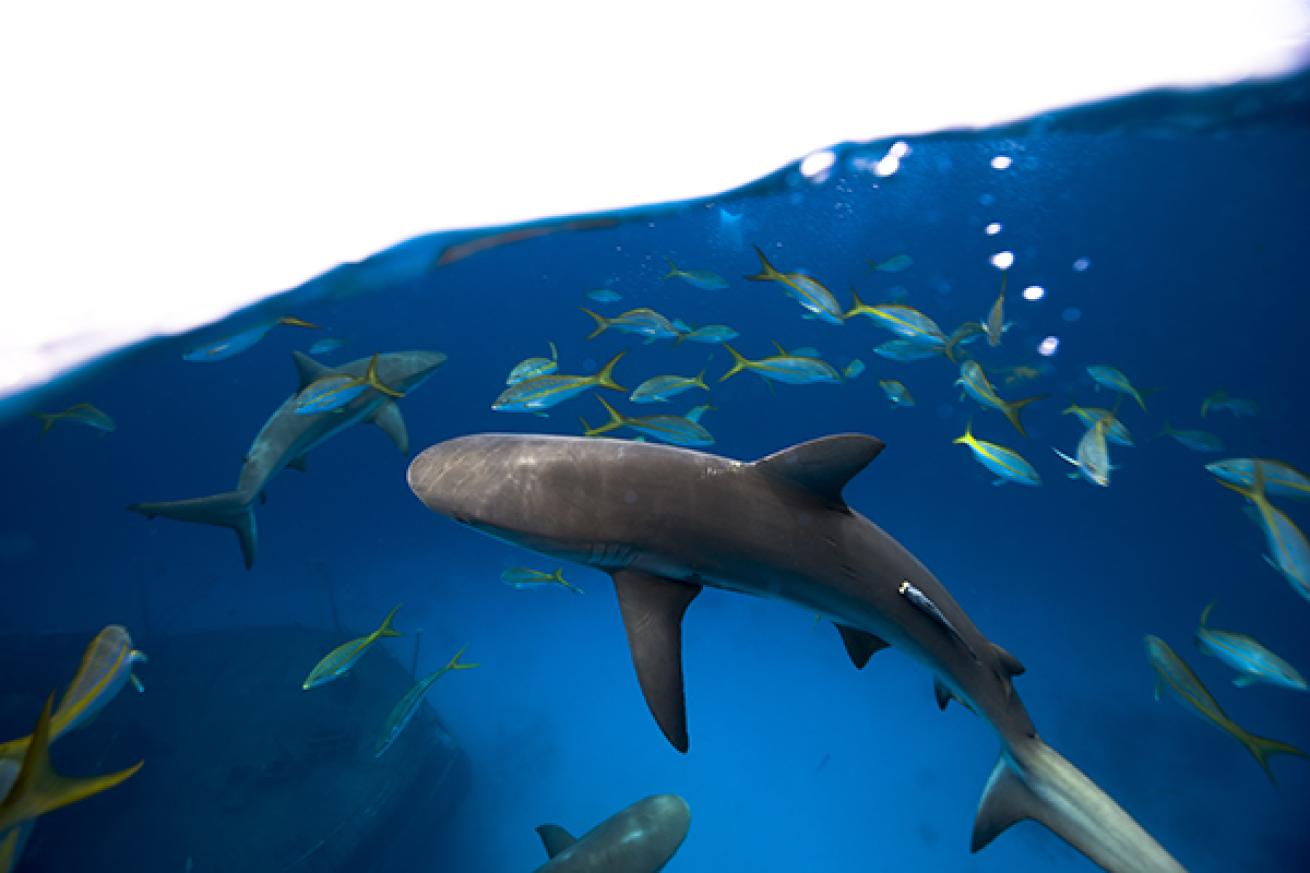
Tim CalverSharks in the Bahamas
Bahamas sharks have enjoyed 20-plus years of protection; now the rest of the planet is catching on.
It’s not often that countries around the world see eye to eye — especially when the issue is entangled with local traditions and customs. But little by little, activists and government agencies from across the globe are working internally and globally to protect an animal once universally feared: sharks.
Campaigning for Conservation
Activists in Hong Kong, including the Hong Kong Shark Foundation, have begun petitioning to outlaw serving shark-fin products. The movement toward petitioning was catalyzed after Chile and Brazil, among other locations, passed similar laws to ban shark finning. The petitions aim to obtain 100,000 signatures to support the movement and can be found at Change.org and Avaaz.org. This is a huge milestone for the “shark-fin capital,” as conservation is taking precedence over cultural customs.
“Safe” Nets in South Africa
Six hundred sharks are killed by shark nets annually on the east coast of South Africa. In an attempt to protect shark and swimmer, Cape Town, South Africa, has crafted shark nets that serve as barriers, not traps. The fine-meshed barriers span to the surface and will be removed nightly. The project is costly — around $80,000 for the new net — but may significantly boost tourism revenue.
Fins Fly No More
Soon after the New Zealand Shark Alliance revealed that Air New Zealand was transporting masses of shark fins to Hong Kong — the shark-fin capital of the world — the airline announced it will suspend the transportation of shark fins. This puts the airline in line with Cathay Pacific Airline, once Hong Kong’s primary fin supplier.
“Natural” Progression for India
In May, the Deep Sea Going Artisanal Fishermen began working toward a “fins naturally attached” policy in India in support of the Humane Society International’s campaign to end the wasteful — and inhumane — practice of shark finning. This policy would require all sharks caught in India, the second-largest shark-catching country, to be fully intact upon landing.

